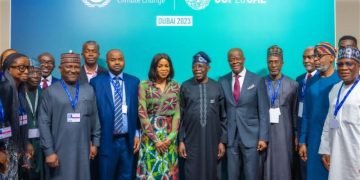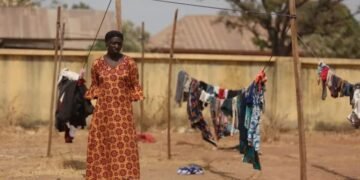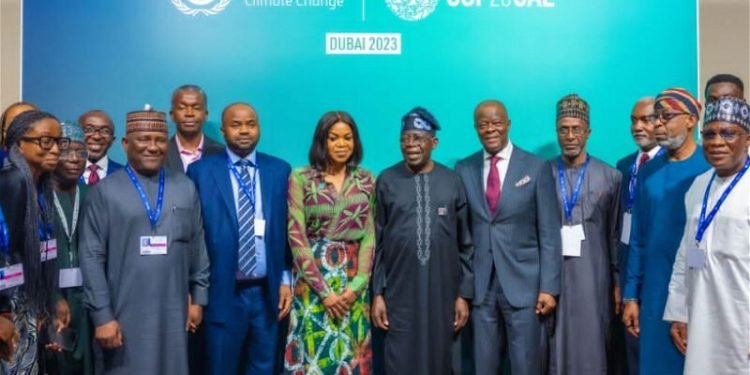By Charles Igwe
Nigeria is facing criticism over its decision to send a delegation of 1,411 individuals to the ongoing Conference of the Parties, COP-28 climate summit in Dubai, UAE. The move has sparked public outcry, especially as the country is currently advocating austerity measures and urging citizens to make sacrifices. Nigeria’s delegation is the joint third-largest, alongside China, after the host nation UAE (4,409) and Brazil (3,081).
Despite Nigeria contributing only 0.319% to global carbon dioxide emissions, its delegation size has raised eyebrows. Comparatively, the highest carbon dioxide-emitting countries include China (32.88%), the United States (12.6%), and the European Union (7.28%). The discrepancy between emission contributions and delegation size has fueled criticism, especially considering the economic challenges faced by the nation.
Official delegations from other prominent countries attending COP-28 include the USA (159), Canada (187), Japan (255), India (725), the United Kingdom (75), and the European Union (124).
In response to the controversy, the Federal Government clarified that it is not covering the expenses of all 1,411 delegates. The official figure from COP-28 records Nigeria’s delegation at 590, with the additional 821 participants labeled as “overflow.”
The Peoples Democratic Party (PDP) has voiced concerns over the excessive number of delegates and called for a detailed roll call and investigation into the costs incurred by the Federal Government delegates. The party has urged the National Assembly to probe the incident, raising questions about transparency and fiscal responsibility.
The controversy highlights the tension between Nigeria’s participation in international climate initiatives and the need to address domestic economic challenges. Critics argue that the large delegation size is disproportionate to Nigeria’s carbon emissions and may strain the country’s resources unnecessarily.











































